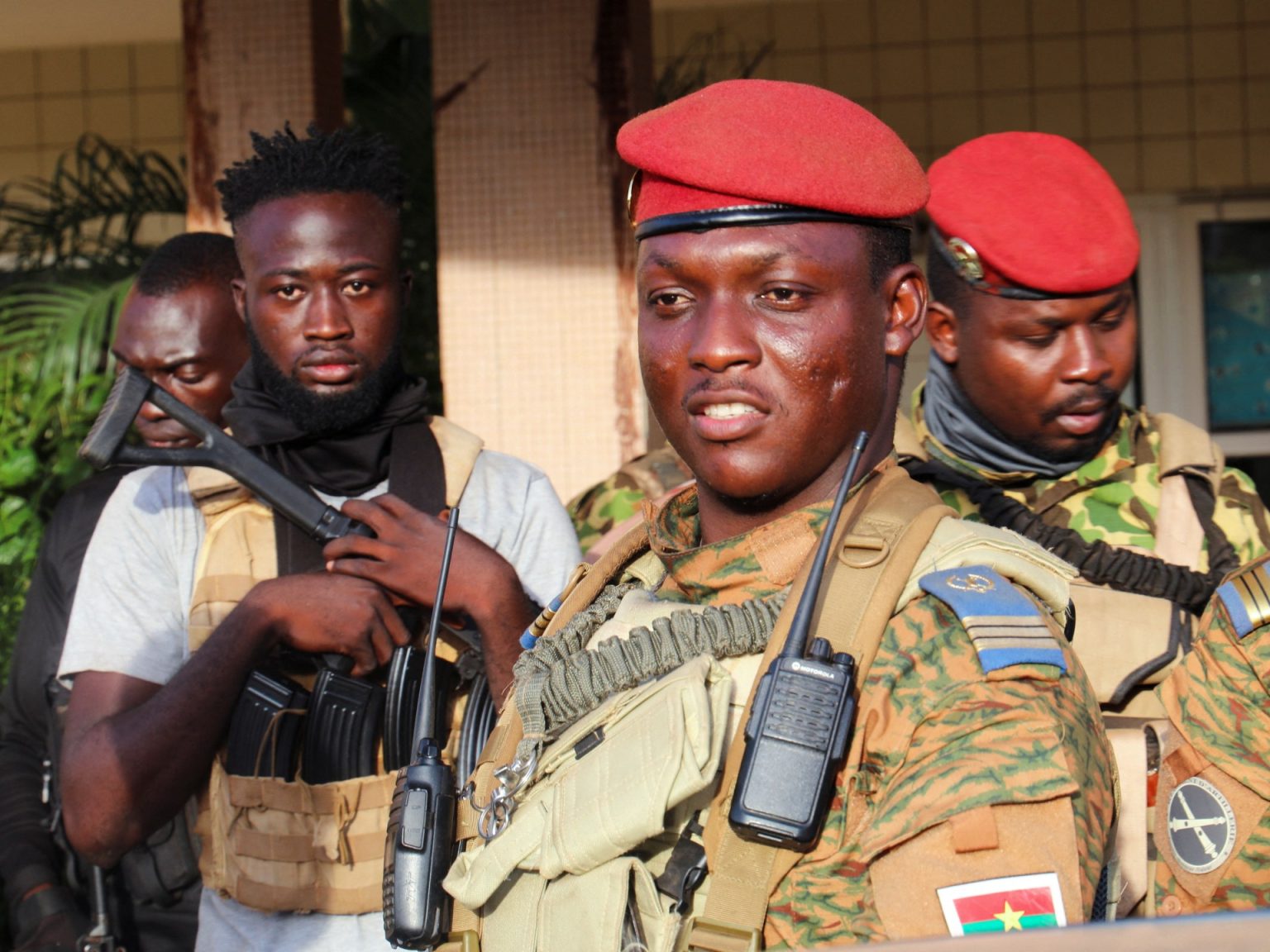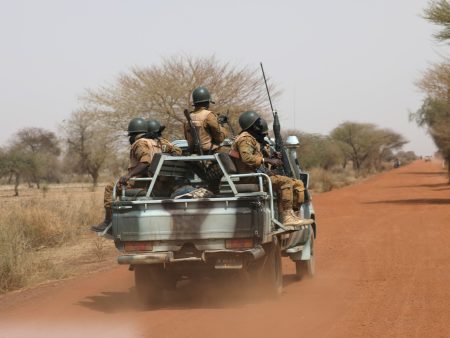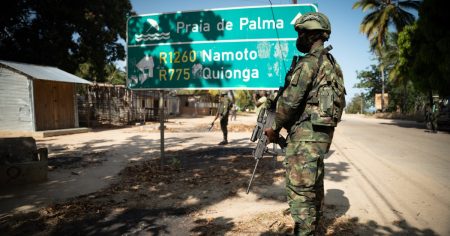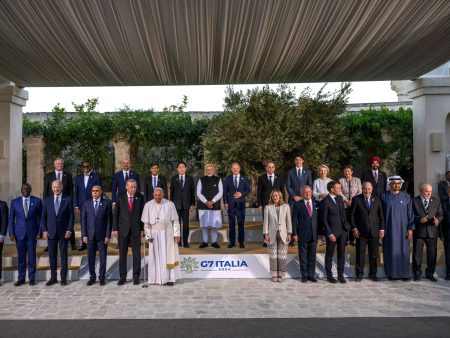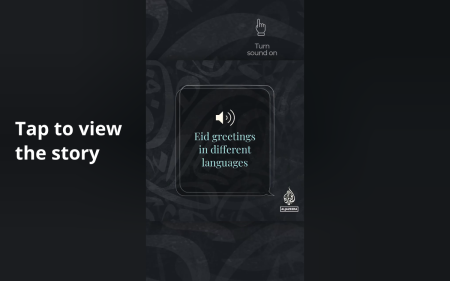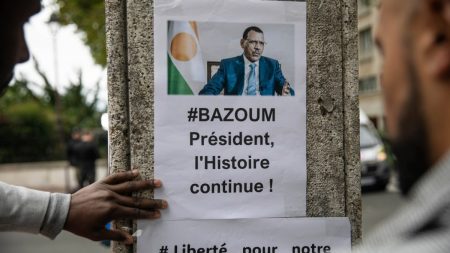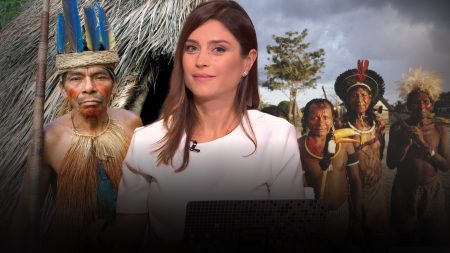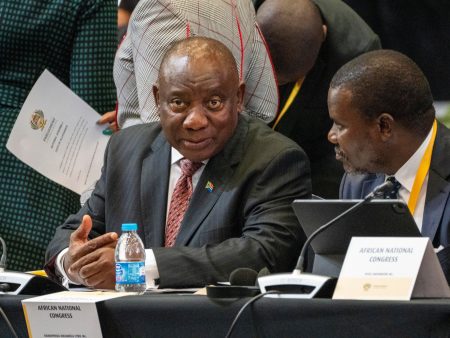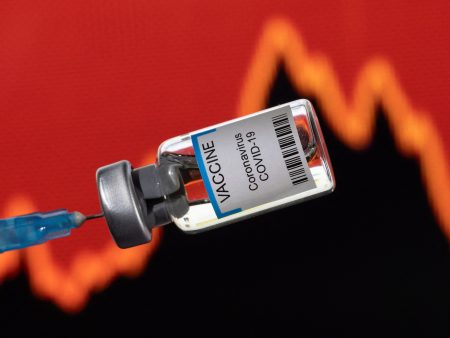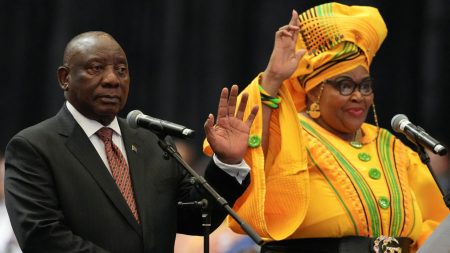Burkina Faso’s military rulers have extended their stay in power for another five years following national talks that concluded with the approval of a new charter. The transition back to democracy will now last for 60 months from July, according to Colonel Moussa Diallo, chairman of the organising committee of the national dialogue process. The charter, signed by military leader Ibrahim Traore, states that elections to mark the end of the transition could be held before the deadline if security conditions allow.
The new agreement also abolishes quotas for assigning members of traditional parties seats in the assembly. Instead, “patriotism” will be the sole criterion for selecting deputies. Participants in the talks included civil society representatives, security forces, lawmakers from the transitional assembly, and other key stakeholders. However, many political parties boycotted the discussions, raising concerns about the legitimacy of the decisions made during the national dialogue process.
Burkina Faso has been plagued by a rebellion since 2015, resulting in thousands of deaths and millions of people being displaced. The military government, which took power in a 2022 coup, has struggled to address the country’s security challenges, leading to the decision to delay the transition back to civilian rule. Furthermore, the government has cut ties with former colonial power France and sought security support from Russia, as a significant portion of Burkina Faso’s territory remains beyond government control.
The prolonged military rule in Burkina Faso has raised fears of democratic backsliding in the region of Western and Central Africa, which has witnessed eight coups in the past four years. The delay in holding elections and returning to civilian governance could contribute to instability and further violence in the country. The military government’s prioritization of security concerns over democratic norms has also sparked criticism and skepticism among international observers and human rights organizations.
The decision to allow military leader Ibrahim Traore to run for president in future elections has added to concerns about the entrenchment of authoritarianism in Burkina Faso. The lack of opposition voices during the national dialogue process and the centralization of power in the hands of the military rulers could further erode democratic institutions and processes in the country. The international community will likely closely monitor developments in Burkina Faso in the coming years to ensure the protection of human rights and the restoration of civilian-led governance.





